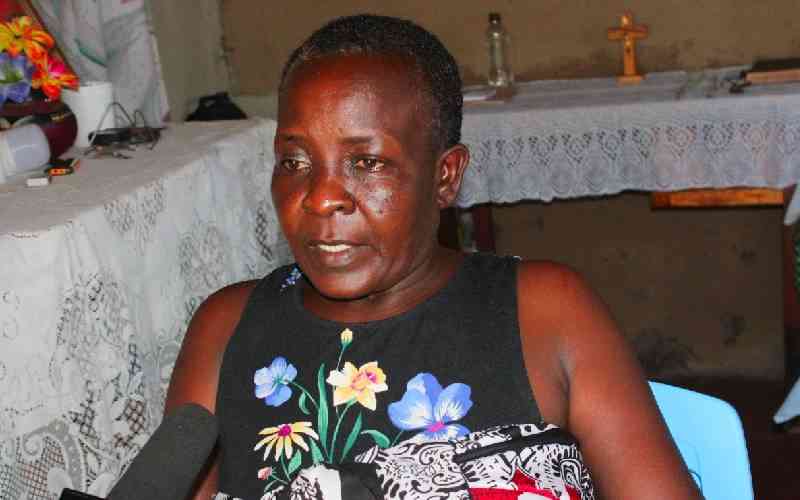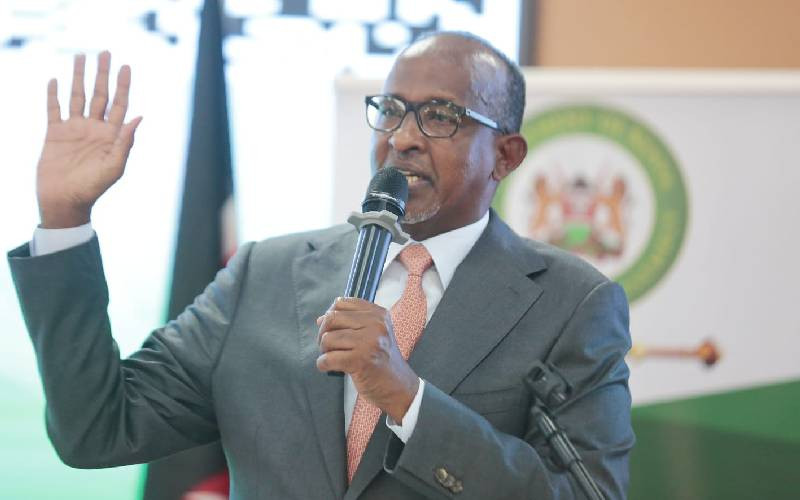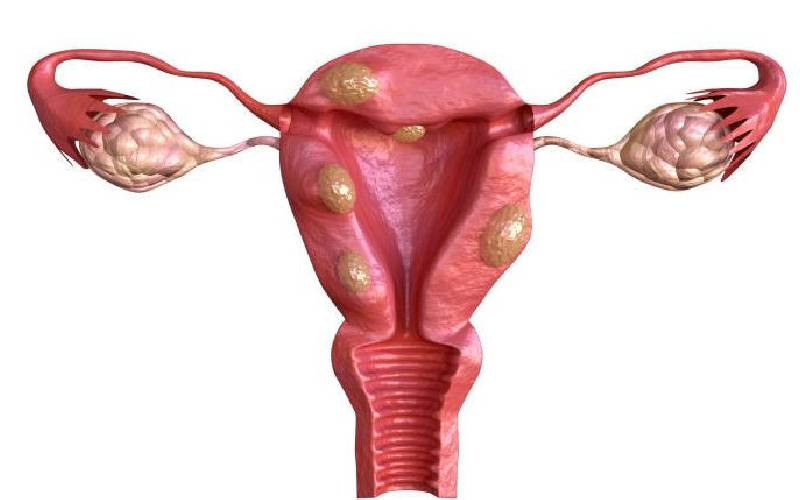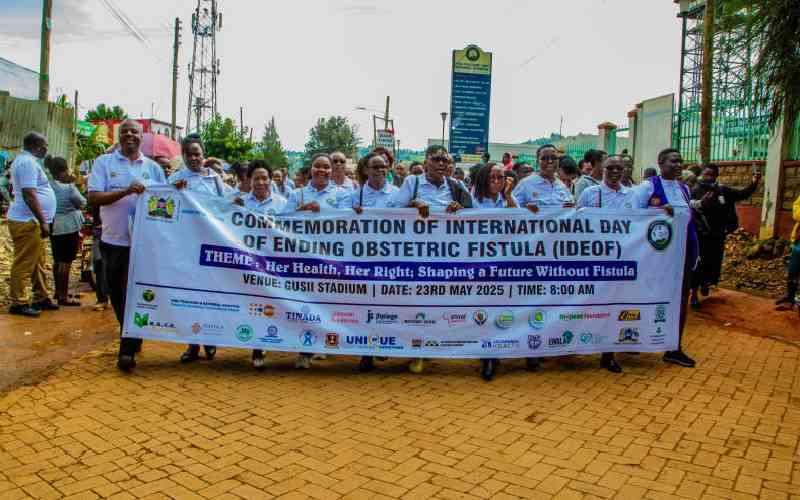
President William Ruto is set to launch the Universal Health Coverage (UHC), a tool that will guarantee access to quality health care by all Kenyans.
The birth of UHC has walked for more than 18 years but flopped even after piloting in Isiolo, Nyeri, Machakos and Kisumu in 2018.
Efforts by former President Uhuru Kenyatta to roll the programme across all 47 counties also stalled, leaving Kenyans struggling to access care despite UHC having been the Jubilee Government's Big Four Agenda.
Even with hits and misses, Mr Ruto and the Kenya Kwanza government have maintained a dedication to jump-kick the initiative set for official launch on Mashujaa Day to be celebrated in Kericho.
Heath CS Susan Nakhumicha has been vocal in selling the UHC agenda, saying it failed in the former regime due to a lack of laws to operationalise it.
Ms Nakhumicha said that with the enactment of the proposed UHC bills namely the Primary Health Care Bill, Facility Improvement Financing Bill, Digital Health Bill and the Social Health Insurance Bill, UHC will be realised in the country.
All Kenyans will be expected to enrol on a medical health scheme-the Social Health Authority, which shall replace National Health Insurance.
Social Health Authority will be the financier to UHC.
- Government to pay Sh5.3 billion NHIF arrears to hospitals
- UHC workers threaten strike, demand permanent terms and gratuity
- Why Kenyans feel NHIF was better than SHA
- Ruto urges Kenyans to report hospitals that charge SHA members
Keep Reading
"Individuals have been registering with NHIF when sick, more so if diagnosed with chronic illness. We want to ensure pay is done, and access services," said the CS in a recent media interview.
Ms Nakhumicha noted that the proposed bills will guarantee the provision of quality healthcare to all Kenyans, "unlike the current system that focuses on curative services where patients seek services at high-end hospitals, ignoring those at the lower level".
The bills will also help develop primary health networks to have a clear referral system, with enrolment of community health promoters into the healthcare system.
On her part, Terry Rotich, a Senior State Counsel at the Ministry of Health explained that the Kenya Kwanza Government has identified healthcare delivery as one of the four pillars of the Bottom-Up Economic Transformation Agenda (BETA).
In the plan, she said a number of commitments have been identified towards delivery of UHC including a fully publicly financed primary healthcare comprising preventive, promotive, curative, palliative and rehabilitative services.
"Under the Social Health Authority, the Government will establish three Funds namely the Primary Healthcare Fund, Social Health Insurance Fund, and the Emergency, Critical and Chronic Illness Fund so that it covers healthcare services "from the bottom going up," said Ms Rotich.
On taxation or rather payment mode, Rotich said every individual above the age of 18 years will pay an amount yet to be agreed in Regulations to the Social Health Insurance Fund, whereas the government will set aside money for the Primary Healthcare Fund and the Emergency, Chronic and Critical Illness Fund.
However, mid-this year, Dr Ruto proposed a 2.75 per cent contribution to the scheme, which Rotich emphasised will be proposed in the Regulations to the Social Health Insurance Bill, which is not yet in the proposed Bill.
Once the Bills are passed by the National Assembly and the Senate, the Ministry, in consultation with the board of the Social Health Authority will develop Regulations to have Kenyans contribute at a modality of 2.75 per cent capped at a minimum of Sh300 and a maximum of Sh5,000, she said.
But Prof XN Iraki, an economist and Professor at the University of Nairobi, told The Standard in an interview that the government has not fully explained what UHC is all about.
"UHC should demonstrate benefits far outweigh the costs. The government should explain what universal means. Does it mean you can get medical care in any county and country and for any ailment" posed the economic expert.
Even with the proposed 2.7 per cent contribution to the medical scheme, Iraki said there is a need to "ensure no wastage and availability of services all the time. Once Kenyans see the benefits, they will come paying in UHC"
Further, he observed that to smoothly operationalise UHC, Kenya should have adequate medical personnel, improve on record keeping and sharing, have more Kenyans pay into health insurance to benefit from economies of scale and learn from pioneers like Canada.
"UHC is a great idea if actualized, a healthy nation is a productive nation. And a healthy nation is a wealthy nation," said Iraki.
Also, Jenifer Nyawira Kinyanjui, a health economist, said even as the country gears towards implementation of UHC, there is a need to increase funding to the program, creation of public awareness and education, simplify the enrolment process, and support those who cannot afford to pay the proposed 2.7 per cent to the scheme.
In the past, according to her, UHC has stalled because of resource constraints, corruption and mismanagement, infrastructure and human resource gaps, geographic disparities and fragmentation of health services.
However, she said the Kenyan government has been actively working to promote UHC and increase awareness, for instance in 2018, Kenya launched its UHC program, which aimed to provide affordable healthcare services to all citizens.
"UHC is key in the healthcare system, for example, it gave birth to the Linda Mama programme, which provides free maternity services to expectant mothers, and the removal of user fees in public primary healthcare facilities. As a country, we should therefore bank on it, to guarantee quality care to all Kenyans," said Nyawira.
 The Standard Group Plc is a multi-media organization with investments in media
platforms spanning newspaper print
operations, television, radio broadcasting, digital and online services. The
Standard Group is recognized as a
leading multi-media house in Kenya with a key influence in matters of national
and international interest.
The Standard Group Plc is a multi-media organization with investments in media
platforms spanning newspaper print
operations, television, radio broadcasting, digital and online services. The
Standard Group is recognized as a
leading multi-media house in Kenya with a key influence in matters of national
and international interest.











